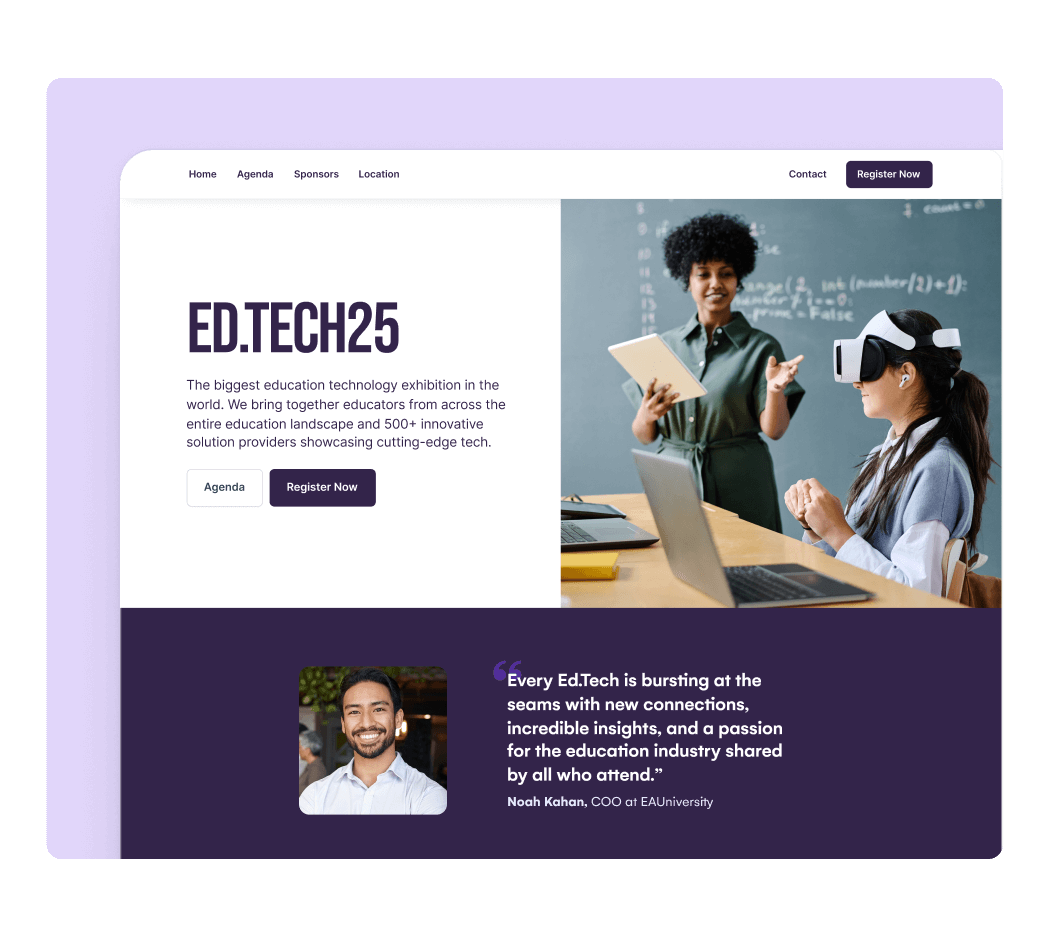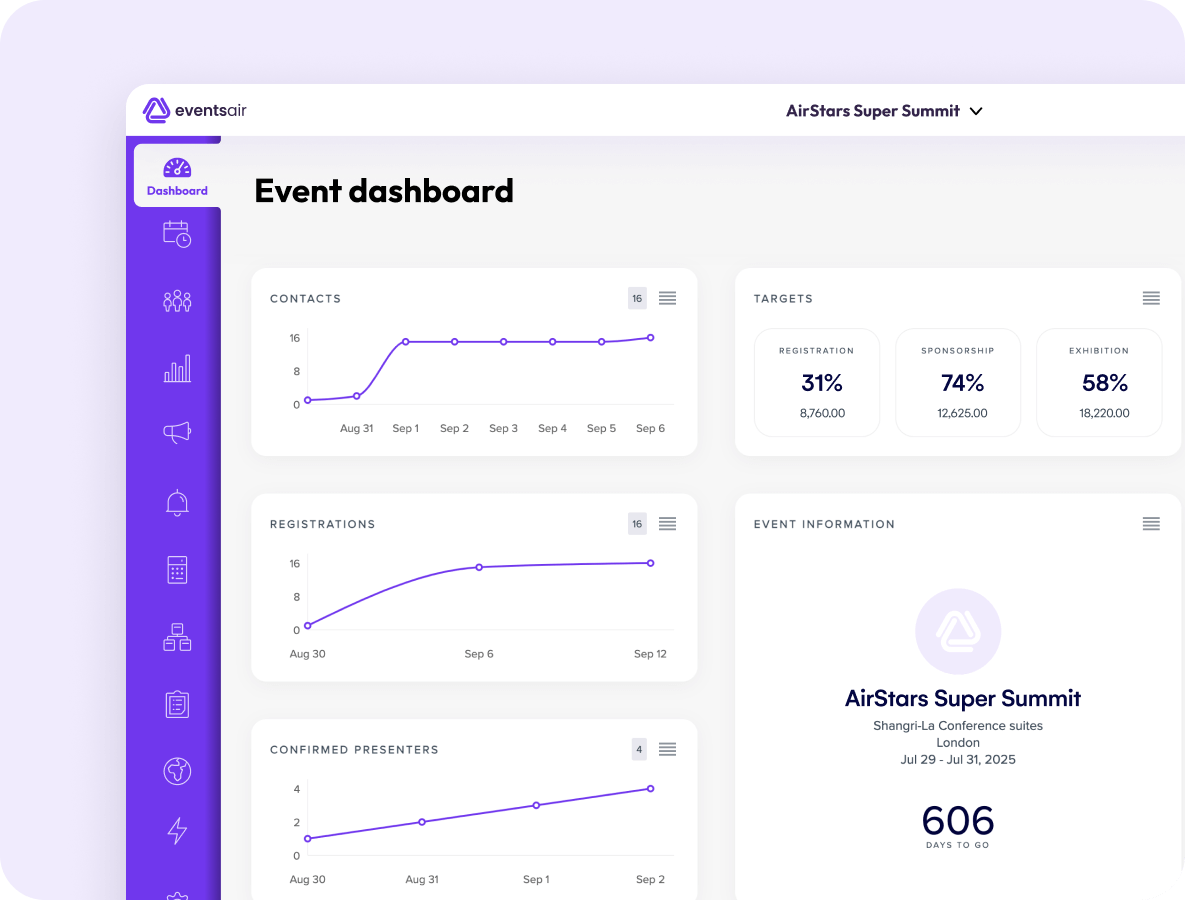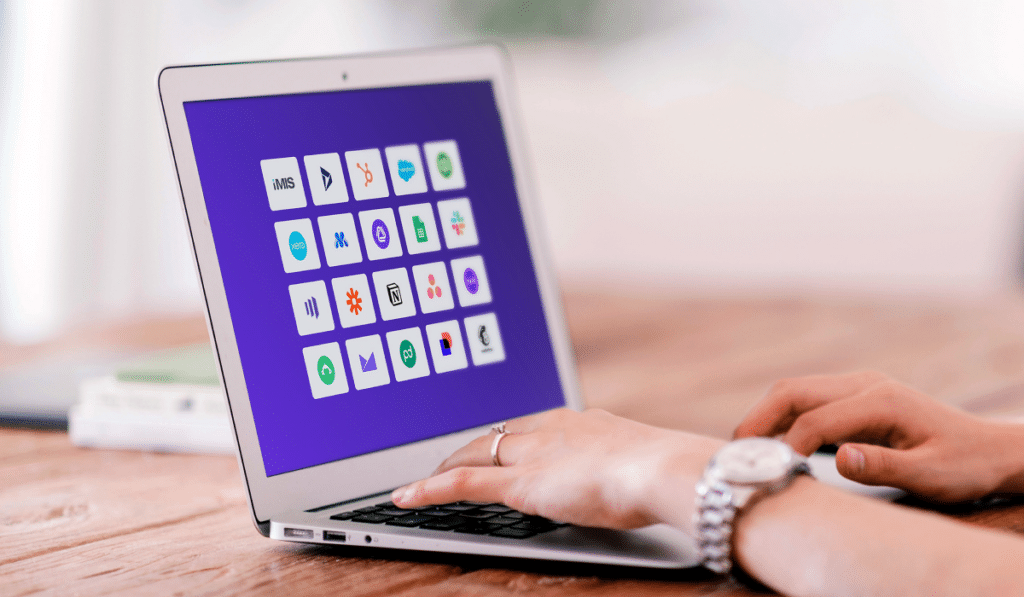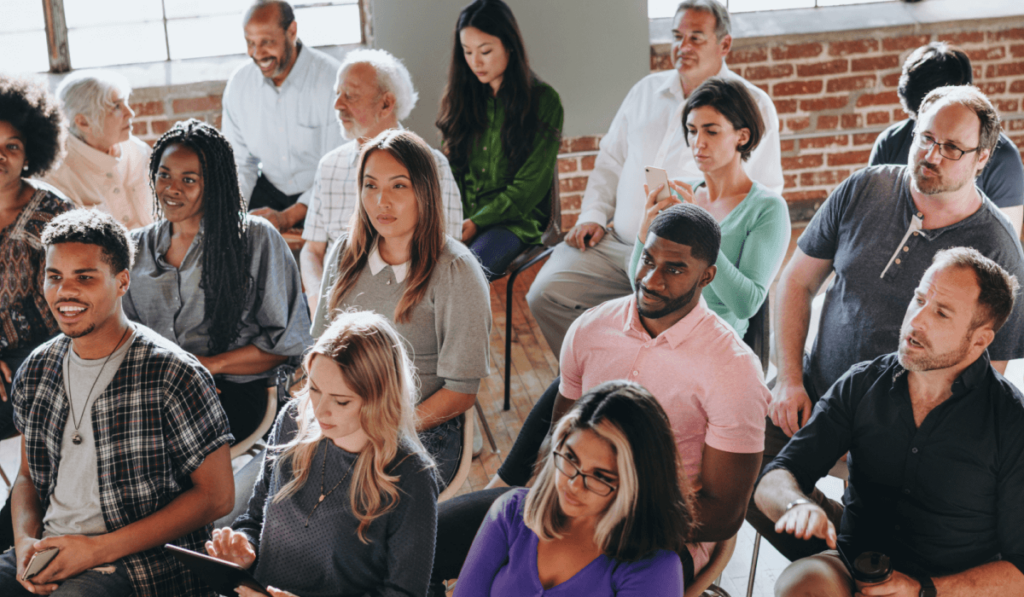How to Promote an Event: 5 Expert Strategies to Try

Promoting an event requires strategy, creativity, and the right tools. We know the challenges event organizers face — from reaching the right audience to maintaining engagement. A strong promotional plan combining targeted outreach, dynamic content, and audience insights to drive attendance and ensure your event’s success.
In this EventsAir guide, we’ll share actionable tips to help you effectively promote your event. By applying these strategies, you’ll attract your ideal audience, increase participation, and elevate the overall attendee experience.
Let’s get started.
What is event promotion?
Event promotion is a strategic marketing process to create awareness, drive attendance, and ultimately, underpin the success of your event. It goes beyond simple advertising to include targeted outreach, content creation, and engagement across multiple channels.
Effective promotion helps you:
- Reach your target audience efficiently
- Convert interest into registrations
- Build excitement before the event
- Maximize attendance and engagement
- Support your event’s financial goals
- Create lasting connections with attendees
Think of event promotion as the bridge between your event’s value and your target audience’s needs. The more effectively you communicate this value, the better your results will be.
Why is event promotion important?
Event promotion is crucial for amplifying the reach, relevance, and impact of your event. It drives attendance, builds brand awareness, and creates lasting impressions.
Here are the top reasons why it’s important:
- Maximizing attendance: Effective promotion ensures your target audience knows about your event and feels compelled to attend, increasing overall participation.
- Enhancing engagement: Strategic outreach builds excitement and fosters anticipation, setting the tone for an interactive and memorable experience.
- Strengthening brand visibility: Promoting your event reinforces your brand presence and positions you as a leader in your industry.
- Driving ROI: A well-promoted event attracts quality leads, enhances sponsorship opportunities, and maximizes your return on investment.
How to promote your event successfully in 6 steps
1. Create a dedicated event landing page
A dedicated event landing page or event website serves as your promotional hub, converting visitor interest into registrations while building credibility for your event. This digital home base needs to balance multiple crucial functions.
The foundation of an effective landing page is clear information architecture. Your page should immediately communicate the event’s value proposition and guide visitors naturally toward registration.
The most successful event landing pages include these key elements:
- Event name, date, time, and location
- Clear registration call-to-action button
- Speaker profiles and photos
- Detailed agenda or schedule
- Pricing and ticket options
- Social proof (testimonials, past attendee numbers)
- Sponsor showcase
- FAQ section
- Contact information
Beyond these elements, your landing page should be optimized for search engines with targeted keywords and meta descriptions. Most importantly, treat your landing page as a living document — use analytics to monitor visitor behavior and conversion rates, then optimize based on real performance data.

Want to build beautiful event landing pages in less time? EventsAir offers tons of customizable templates and an intuitive event website editor.
2. Think strategically about tickets
Your ticketing strategy can drive early registrations, create urgency, and maximize revenue through carefully differentiated offerings. Rather than simply setting a single ticket price, consider how different ticket types can serve distinct audience needs and business goals.
Building an effective ticketing strategy starts with understanding the key ticket types available and their strategic value to your event:
| Ticket Type | Description | Benefits |
| Early Bird | Discounted tickets available for a limited time before regular sales begin | • Creates initial momentum and cash flow • Rewards early adopters • Generates FOMO as deadline approaches |
| Standard | Base-level event access at regular price | • Serves as anchor price point • Provides baseline value proposition |
| VIP | Enhanced access with additional perks (priority seating, exclusive sessions, special networking) | • Increases revenue without adding capacity • Creates aspirational tier • Appeals to high-value attendees |
| Group | Discounted rates for multiple registrations | • Encourages larger organizational participation • Simplifies corporate purchasing • Builds instant networking groups |
| Last-Minute | Higher-priced tickets close to event date | • Capitalizes on urgency • Incentivizes earlier purchase • Captures high-intent late registrants |
| Staged Pricing | Staged pricing at key dates in the lead up to the event | • Drives momentum throughout the entire registration period • Incentivizes all early registrations • Captures higher revenue closer to the event date |
For maximum impact, promote each ticket type with clear messaging about its unique value and any time or quantity limitations. Also, make sure you’re tracking sales patterns to optimize your mix of ticket types for future events.
3. Use data-driven audience segmentation
Understanding and grouping your audience based on shared characteristics enables more targeted, effective promotion. Data-driven segmentation goes beyond basic demographics to consider behavior patterns, professional roles, and past engagement.
Here are a few different ways to segment your audience — and what those segments (may be able to) tell you:
Professional roles
Job roles reveal key purchasing factors — who makes decisions, who needs approval, and who influences group attendance. Understanding the mix of decision-makers, practitioners, and team leads helps you time promotions effectively and craft messaging that addresses their distinct professional development and ROI needs.
Industry
Industry segments help you highlight the most relevant content and benefits. You can better tailor content, adjust pricing strategy based on typical budget cycles, and emphasize industry-specific networking opportunities. This also helps identify which complementary industries might cross-pollinate valuable insights.
Past behavior
Previous attendance data reveals engagement patterns — which sessions drew crowds, what ticket types sold best, and when people registered. This helps predict interest in similar upcoming content and informs decisions about session tracks, pricing tiers, and registration deadlines.
Timing
When people register, it tells you about their decision-making process. Early registrants often plan systematically and may influence others’ attendance. Last-minute registrants respond to different incentives and messaging, helping you adjust promotional tactics throughout the registration period.

With a tool like EventsAir, you can access 150+ reports to mine historical event data for insights into your audience. This means you can identify patterns in registration timing, session preferences, professional roles, and industry representation.
4. Implement multi-channel marketing strategies
A successful event promotion strategy needs to reach potential attendees where they already are, with consistent messaging across multiple platforms. Tools like EventsAir can coordinate these efforts from a central hub for better tracking and optimization.
Key channels for your marketing mix include:
- Email marketing: The backbone of event promotion. Use segmented lists to deliver targeted messages with clear value propositions. Track open rates and click-throughs to continuously refine your approach.
- Social media: Choose platforms where your target audience is most active. LinkedIn excels for professional events and thought leadership, X (Twitter) or Threads for real-time updates and buzz building, Instagram and Facebook for showcasing the event experience visually.
- Digital advertising: Extend reach beyond existing networks through search ads (targeting people actively seeking similar events) and retargeting (staying visible to those who’ve shown interest). Start small, test messages, scale what works.
- Content marketing: Build authority through blog posts, videos, and other valuable content that addresses your audience’s interests and challenges. This content feeds other channels, giving you more to share across email and social.
- Industry partnerships: Expand reach through relevant organizations, media outlets, and influencers whose audiences align with your target attendees. Cross-promotion can be particularly effective for building credibility in new markets.
5. Create compelling event content
Engaging content builds excitement, demonstrates value, and drives registrations for your event. Various content types serve different purposes throughout your promotional timeline.
Key content types to develop and deploy:
- Speaker highlights: Feature speaker bios, topic previews, and short interview clips. These establish credibility and give potential attendees a taste of what they’ll learn.
- Session previews: Share detailed descriptions of keynotes and breakout sessions, highlighting specific takeaways attendees can expect. Break down complex topics into digestible previews.
- Behind-the-scenes content: Show event preparation, venue walkthroughs, and team planning. This creates transparency and builds anticipation while humanizing your event.
- Past event highlights: Share success stories, testimonials, and photo/video content from previous events. This social proof helps potential attendees visualize their experience.
- Practical information: Create useful content about travel, accommodations, and local attractions. Help attendees plan their trip and get excited about the complete experience.
Monitor which content types generate the most engagement and adjust your content mix accordingly. Use these insights to guide future content creation and promotional strategies.
Enhance your event promotion today
Promoting an event requires a strategic approach, combining audience segmentation, multi-channel outreach, compelling content, influencer partnerships, and timely incentives. These expert strategies drive engagement and ensure event success. For seamless execution, having the right tools is essential.
EventsAir offers an all-in-one platform tailored to every stage of event promotion. From data-driven marketing tools to robust attendee engagement features, EventsAir empowers event professionals to streamline workflows and maximize ROI while delivering exceptional attendee experiences.
Maximize your event reach with EventsAir. Book a demo today to see how we can help.



